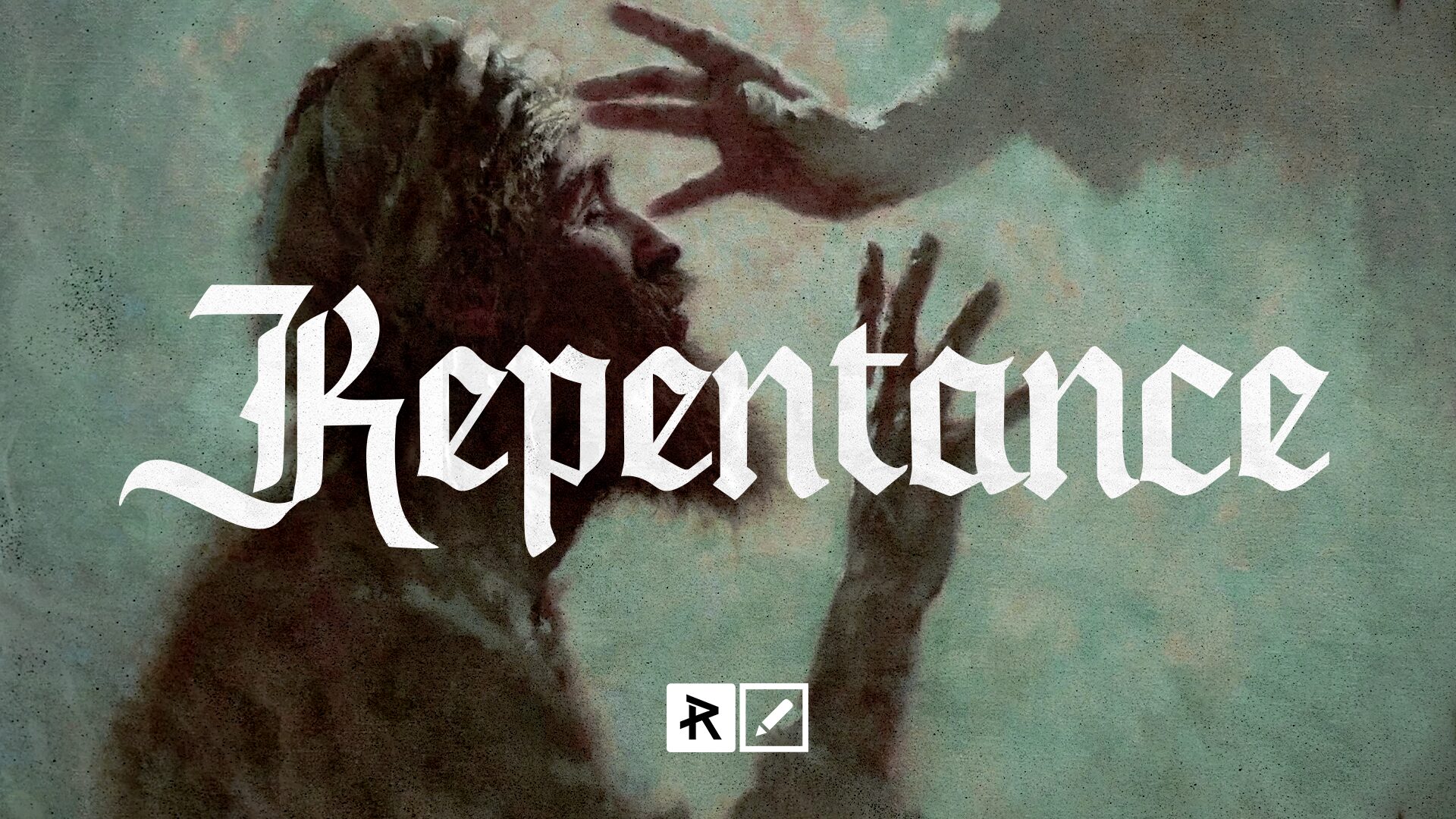
WHY SHOULD WE REPENT AND WHAT DOES IT MEAN?
“You do not desire a sacrifice, or I would offer one. You do not want a burnt offering. The sacrifice you desire is a broken spirit. You will not reject a broken and repentant heart, O God.” Psalm 51:16-17 NLT
Repentance is “a heartfelt conviction of sin, a contrition over the offense to God, a turning away from the sinful way of life, and a turning towards a God-honoring way of life.” Repentance is not merely a one-time decision; it is an ongoing position of the heart. A repentant heart remains humble before God and is open to receiving His mercy.
Sin Costs Blood
In the Old Testament, animal sacrifices were required to atone for sin. The wages of sin is death, necessitating the shedding of blood to pay the debt. People would bring bulls, goats, and doves to be dismembered, drained of blood, and burned, following a precise method. These repeated actions were a temporary solution, foreshadowing the ultimate sacrifice of Jesus Christ.
Jesus’ sacrifice was the fulfillment of this foreshadowing. Hebrews 9:12 states, “He entered once for all into the holy places, not by means of the blood of goats and calves but by means of his own blood, thus securing an eternal redemption.” This is the Good News: Jesus has paid the eternal price for our sin.
Today, we receive Christ’s redemption with repentant hearts. Our sacrifice to God is a broken and repentant heart—a heart posture that continually seeks God’s mercy.
How Do We Cultivate a Repentant Heart?
The closer we get to God, the more clearly we see our own sin. As our revelation of who God is increases, so does our realization of our own shortcomings. Charles Spurgeon once said, “I believe the holier a man becomes, the more he mourns over the unholiness which remains in him.”
Challenge: Examine the Position of Your Heart
When was the last time you felt truly repentant? Consider the different types of sin that may be present in your life:
- Blatant Sin: The sins we are fully aware of, which we know and God knows, and yet we often avoid confronting.
- Subtle Sin: Patterns of thinking, words we have spoken, lies we believe, emotional offenses, bitterness, and pride—the subtlest of sins.
- Hidden Sin: Offenses against God and His law that we are not sensitive enough to realize. Is your heart repentant enough to acknowledge how imperfect and unworthy you are of His grace?
“How can I know all the sins lurking in my heart? Cleanse me from these hidden faults. Keep your servant from deliberate sins! Don’t let them control me. Then I will be free of guilt and innocent of great sin.” Psalm 19:12-13
Right now, you have the opportunity to confess and repent. Ask God, “Is there anything I’ve done that has offended you?” Seek a heart posture that is continually repentant and open to God’s transformative work. By making repentance a daily practice and maintaining a humble heart before God, we align ourselves more closely with His will and experience the fullness of His grace and mercy.
Remnant, was this blog helpful to you? Leave a comment and let us know.